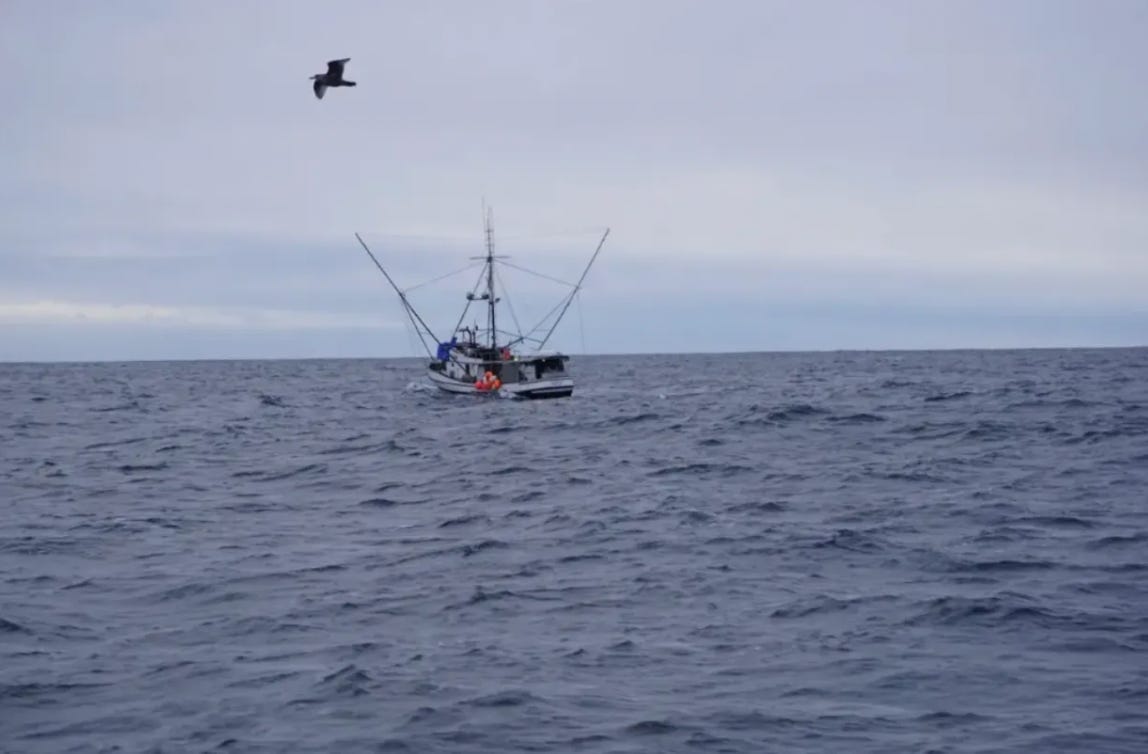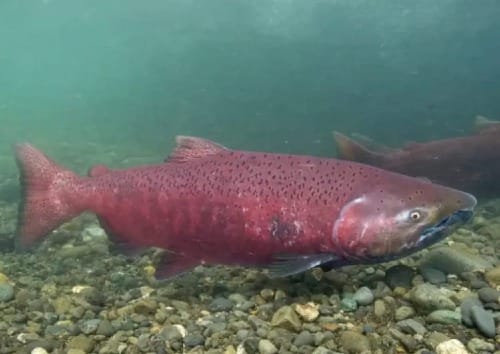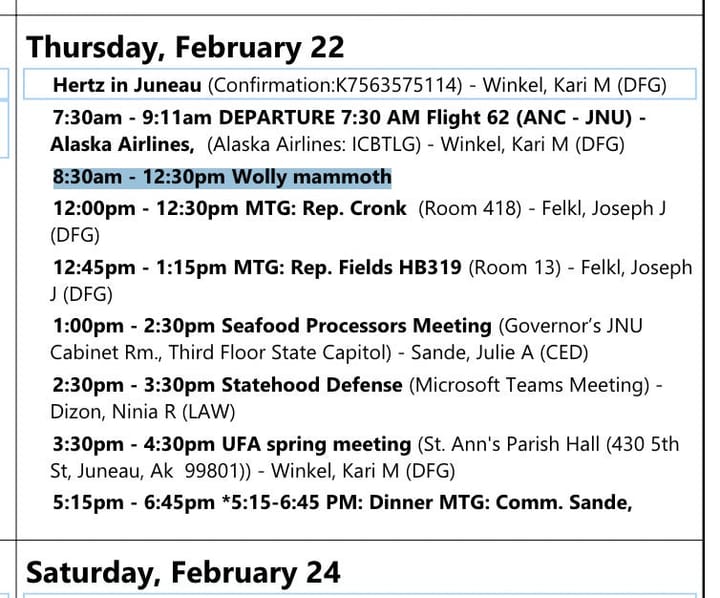"We can go fishing": appeals court says Southeast Alaska troll fishery can open this summer
A federal appeals panel issued a last-second ruling Wednesday that will allow this summer’s Southeast Alaska troll chinook salmon fishery to open as scheduled July 1.

Northern Journal is a newsletter written by Anchorage journalist Nat Herz. It’s free to subscribe, and stories are also free to Alaska news outlets to republish through a partnership with the Alaska Beacon.
My goal is reaching the broadest possible audience of Alaskans. But if you can afford it, please consider supporting my work with a $100 annual or $10 monthly voluntary paid membership — these are currently my only sources of revenue for this project. Your support allows me to stay independent and untethered to the demands of the day-to-day news cycle. If you’ve already subscribed, thank you.
A federal appeals panel issued a last-second ruling Wednesday that will allow this summer’s Southeast Alaska troll chinook salmon fishery to open as scheduled July 1 — reversing a lower court ruling that would have kept the $85 million industry off the water.
“It’s a major victory,” Alaska Fish and Game Commissioner Doug Vincent-Lang said in a brief phone interview Wednesday. “We can go fishing.”
The panel, in a five-page ruling, said that the entities defending the fishery — the Alaska Trollers Association, the state of Alaska and the National Marine Fisheries Service — met the legal standard required to grant what’s known as a “stay” of the lower court ruling.
The decision, the panel said, was based on the likelihood that those entities could show that “the certain and substantial impacts” of closing the harvest on the Alaska salmon fishing industry outweigh the “speculative environmental threats” posed by allowing the fishery to take place.
The Washington-based environmental group that sued in an effort to shut down the harvest, the Wild Fish Conservancy, argued that allowing the fishery to continue would harm a population of 73 endangered orca whales that live off the coast of Oregon, Washington and British Columbia.
The “Southern Resident” orcas depend on chinook salmon for most of their diet.
This is a breaking news story — check back for updates.
Northern Journal is a reader-supported publication. To receive new posts and support my work, consider becoming a free or paid subscriber.



